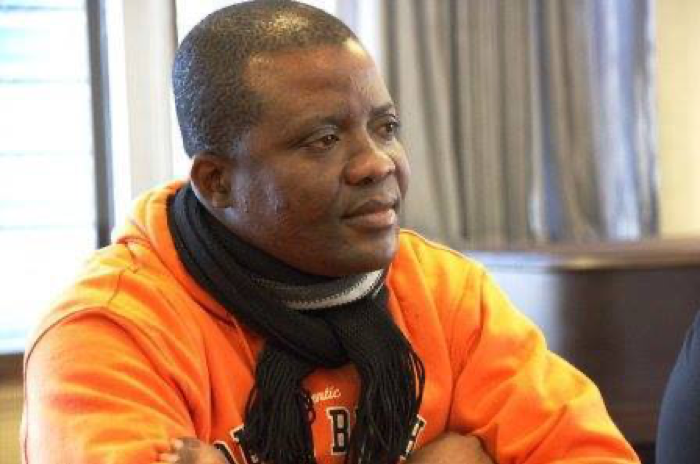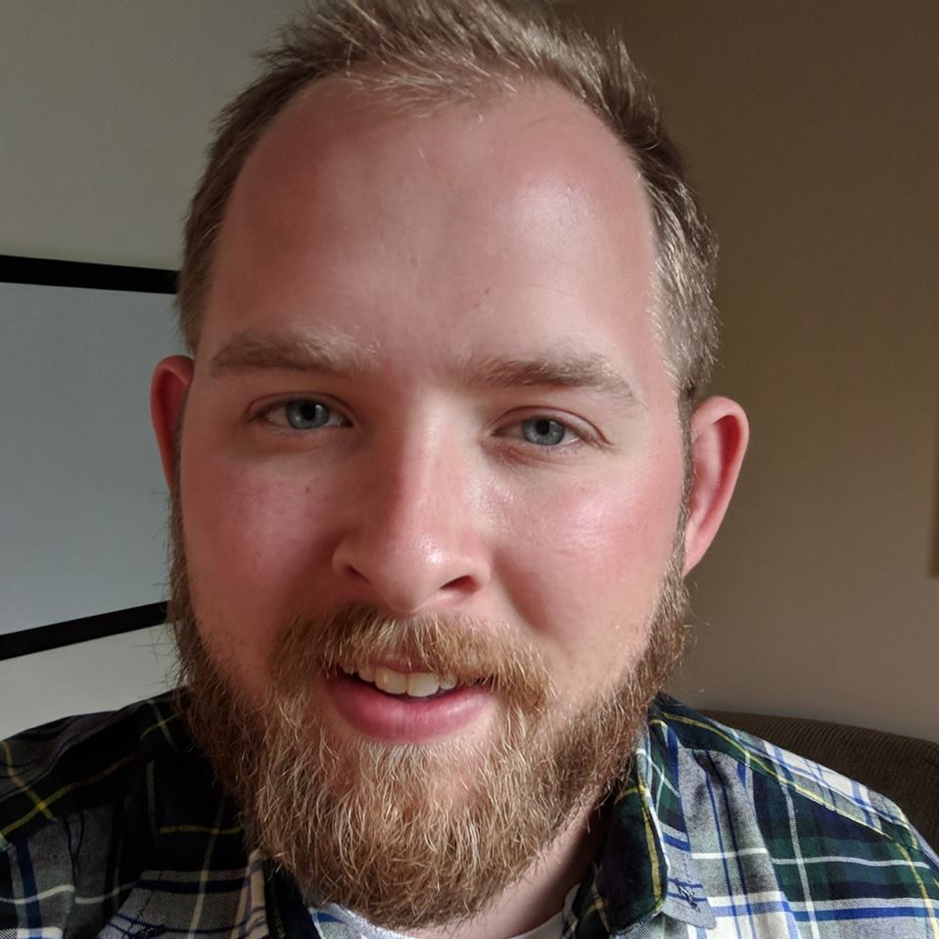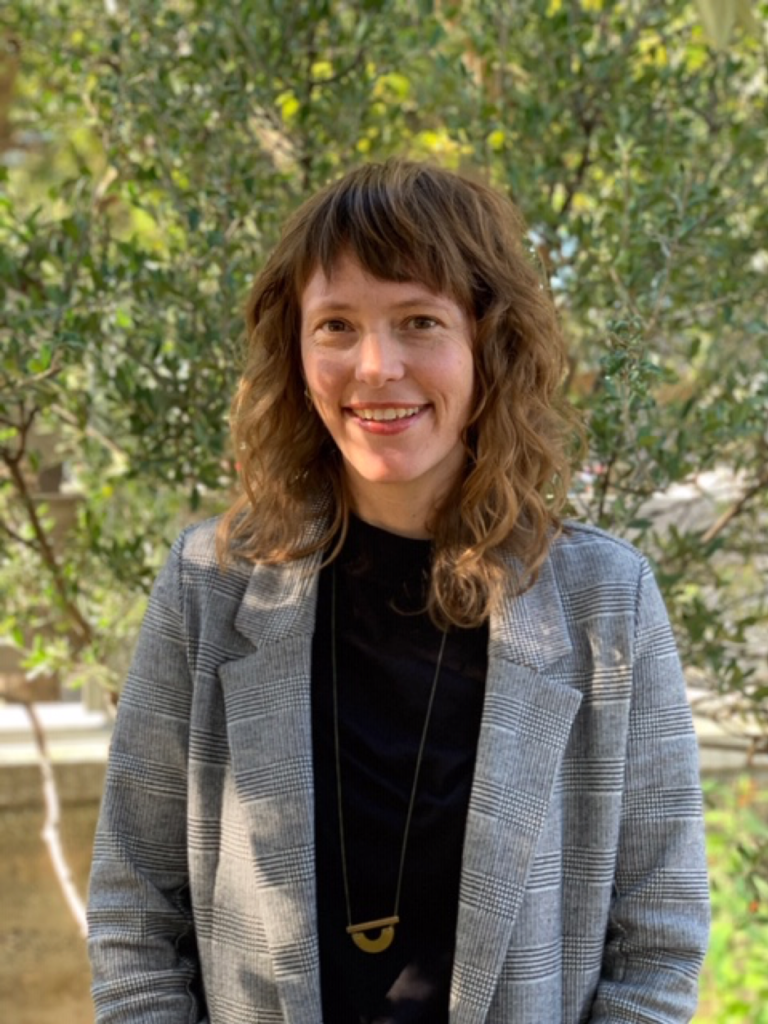ISSTD is pleased to announce the opening of the next round of Goodwin Fund applications will be open from January 3-20, 2020.
The Goodwin Fund is a special educational scholarship fund available to professionals facing financial disadvantage to enable them to participate in ISSTD training.
This Fund is unique in its purpose. It is to be used specifically in helping therapists from financially disadvantaged backgrounds to gain training (through conference, PTP training or through webinars) to enhance their skills in working with DID patients. The Fund is particularly intended to support therapists who have not had prior access to training in this complex area of treatment, and who face significant financial barriers to accessing adequate training.
The Goodwin Fund has been operating for several years, and enables twice yearly applications. In this article we meet a number of recipients and discuss how they spent their funds.
Abel Learwellie

Abel Learwellie is an ISSTD Member from Paynesville, Liberia. Abel works for Camp for Peace, Liberia. This is a self-started organization that does not have any reliable source of funding. As such, Abel works as a full-time volunteer, with very limited means. In his application Abel told a small part of his incredible story:
“In 1990 when the Liberian civil war broke out I was incarcerated and recruited as a child soldier, at the age of 16, forcibly, against my will, by the National Patriotic Front rebels. In addition to my terrible nightmare, I lost my father and mother including several siblings and relatives. Everything I had for life got destroyed as a result of the war. In 1992 I flew the war and went into exile for the safety of my life. In 1993 I resumed high school through the assistance of the United Nations High Commission for Refugees. I return to Liberia in 1997 with the hope that the war was over. To my dismay, there was still war and violation and abuse of human rights. The social, economic and political condition of the country was appalling and completely disintegrated, and the country was nearly at the point of collapse”.
Despite these significant disadvantages Abel has been able to complete post graduate studies and has developed an interest in complex trauma. His experiences, and seeing the needs in his country, led him to join ISSTD with the intention of learning more about complex trauma and the best ways to respond to his highly traumatised community.
We spoke to Abel, via email.
Abel, tell us a bit about how you used the Goodwin Fund to support your education?
Abel: First, let me extend my warmest and deep appreciation to the Goodwin Scholarship Fund for allowing me to participate in the 2019 ISSTD conference held in New York. It was an exciting moment for me to learn and interact with great personalities from across the world interested in human emotion, care, and support. The Goodwin Scholarship Fund was mainly spent on my conference registration.
I come from a country that went through 14 years of bloody civil war. Almost everyone who survived the war witnessed and became victims of some atrocities, including murder, rape, incarceration, and the forced recruitment of children as war machines. The consequences of these devastations remain hard to bear or cope with. Then the deadly Ebola Virus disease punched the nation in 2014, furthering deepening unhealed wounds. In addition to these, the cost of living remains appalling, with poverty below the red line. The average Liberians live on less than a dollar per day. Life expectancy is less than 65 years. There is no electricity, clean water, excellent health, and transport facilities, and unemployment has risen to 85%. Trauma has explored and engulfed the whole nation, and there is no way to turn. Everyone is traumatized as a result of these devastations.
Facing such terrible conditions, how was your training with ISSTD able to support you?
My participation in the ISSTD conference, with support from the Goodwin scholarship fund, has allowed me to learn some practical approaches to counseling and mentoring. At least I have become a “one eye,” leading several thousand blind who are yearning for help. These skills have enabled me to provide service, despite the lack of therapists and counselors. I am thrilled that I participated, and I am looking forward to more opportunities to learn about trauma and dissociation, care, and support.
Giles Sieburg

Giles is an emerging professional from Syracuse, New York. He works at The Family Center as a Marriage and Family Therapist and is also Therapeutic Foster Parent. His passion for his work is rooted in personal and professional experience with dissociative youth. He wants foster and adoptive families to understand dissociation to ensure long-term permanency for such children. As an emerging professional he found that trainings and certifications are expensive to pay for. His professional mentor, ISSTD Fellow Dr Frances Waters encouraged him to participate in further training, but cost was prohibitive.
Giles, it was great that you received support under the Goodwin Fund. Tell us a bit about what you spent the funding on?
I spent the Goodwin Fund on the cost of specialized online training for treating children and adolescents with trauma and dissociation. (This was the ISSTD training conducted by Fran Waters and Joy Silberg, known as the online Child and Adolescent Training.) This was a huge opportunity for myself as a recent graduate. I knew upon graduating that I would want to get specialized training to become a more equipped therapist for treating trauma, but the financial cost of trainings and specializations was hard to stomach. I found out about the Goodwin Fund and was motivated that to try and qualify for this to continue my education and training to help the clients that come into my office.
What was your experience of the training?
The training was an incredible experience: discussing and sharing resources and learning about approaches and perspectives on trauma and the treatment of them for children. It was a great opportunity to connect with experts in the field and get help with understanding and treating dissociation. There is a lot to treating this population and the ability to bounce ideas, techniques, and approaches off experts in the field has been a priceless experience.
How has it helped you in your work?
This training has allowed me to feel more comfortable in my approaches to treating these clients, and build my knowledge base around specific approaches and theories to bolster my treatment and presence in therapy for these children and their families. This training was also a stepping-stone to open myself up to the resources and community that the ISSTD has. I now feel like I found my therapeutic home with this organization.
Jessica Wansart

Jessica is a Licensed Clinical Social Worker working for Austin Recovery, a non-profit dedicated to providing free and reduced-cost substance use and co-occurring disorder treatment to individuals who would otherwise struggle to get their behavioral health needs met. Jessica works for a very disadvantaged clientele with over 90% of her clients living in poverty. Due to the lower wages inherent with working for a Not For Profit, combined with living in an expensive city, Jessica struggles to get all her training needs met, particularly the extensive training she would like to have to work with clients with Dissociative Disorders.
Jessica applied to the Goodwin Fund for financial assistance to attend ISSTD’s annual conference (The World Congress on Complex Trauma) in NYC. The Goodwin Fund was pleased to be able to fund the cost of her conference registration fees.
ISSTD News spoke to Jessica about this experience.
Jessica, What was your experience of the training?
I had a truly amazing experience at the conference. I found ISSTD as an organization and the fellow conference members to be incredibly welcoming to first time attendees and it was so inspiring to be learning from and alongside colleagues from all over the world. I was truly overwhelmed by the opportunity to learn directly from so many experts in the field. The hardest part was probably choosing which sessions to attend each day as I wanted to be in so many places at once. I left the conference feeling invigorated, enriched and also importantly with a deepened sense of the kind of nuanced expertise I hope to continue to develop and a clarified understanding of where to go to seek out further advanced training.
How has it helped you in your work?
I work for Austin Recovery, a local non-profit. As an EMDR-trained clinician, I have the opportunity to provide ongoing trauma therapy to individuals whose adverse childhood experiences and histories of trauma underlie their substance use disorders. Although EMDR has been a valuable tool, many of my clients have survived such complex and ongoing horrors that they meet criteria for dissociative disorders and require more specialized therapeutic interventions. Too often I have seen individuals with complex trauma and dissociative disorders misdiagnosed in behavioral health systems. As they continue to go unseen and misunderstood, they struggle to understand their symptoms and to get the help they need.
In this way, one of the most impactful and important take-aways from the conference was a more nuanced exploration and thus an improved understanding of the differential diagnosis between dissociative disorders, complex PTSD, and personality disorders. The opportunity to dive more deeply into these complicated disorders has greatly enhanced my assessment and treatment planning process and thus my ability to better serve my clients. I also left the conference feeling connected to a larger community of clinicians who are dedicated to this work and eager to attend future events.
For those who are interested in applying to the Goodwin Fund for assistance with the costs of an ISSTD training event please visit this page.

